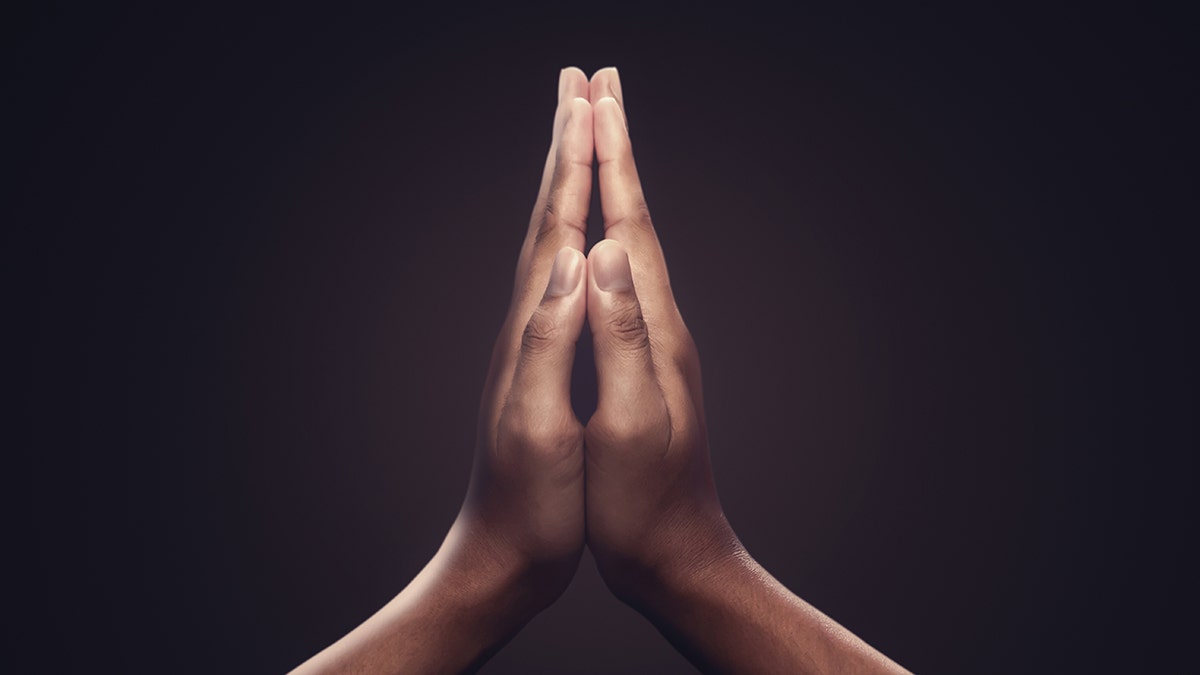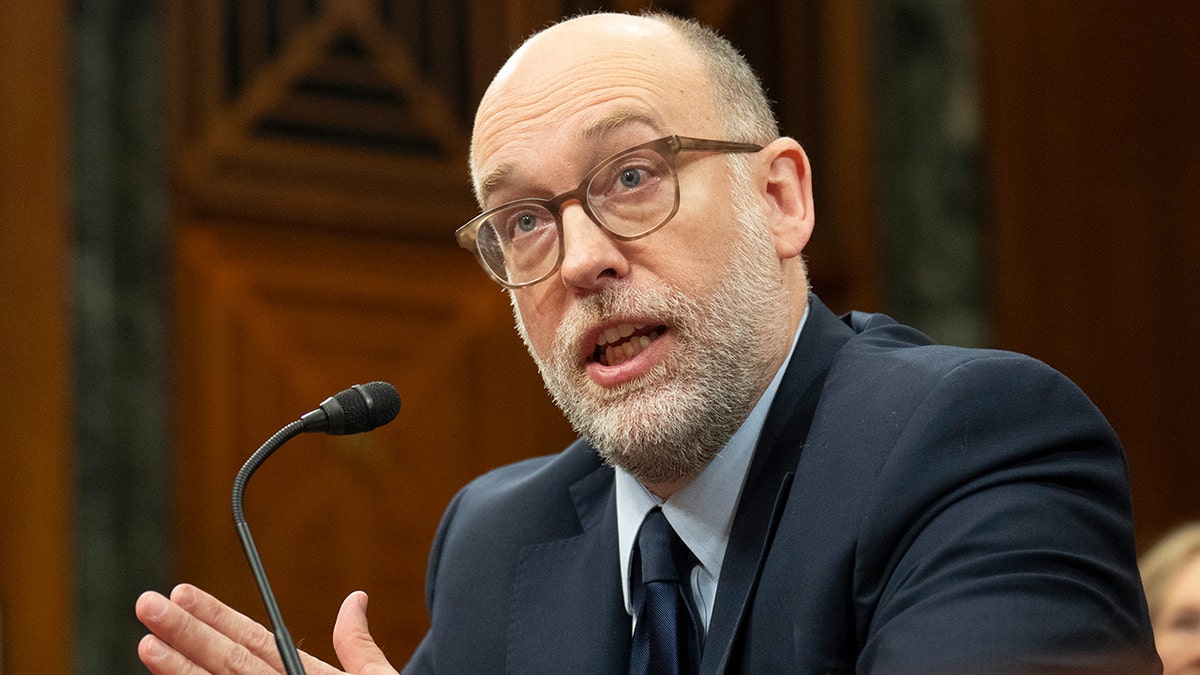Navigating the intersection of religious freedom and other fundamental rights presents a continuous challenge. Public discourse often frames this as a battle between religious liberty and equality, a misleading dichotomy that fuels division. This rhetoric has real-world consequences, impacting areas from education and family services to healthcare and business operations.

To bridge this divide, faith leaders must reshape the conversation. It's crucial to move beyond partisan divides and recognize religious freedom as a cornerstone of the First Amendment. This involves a two-pronged approach: redefining the narrative and utilizing existing legal frameworks.
Firstly, we need a language accessible to everyone, including secular audiences. Instead of emphasizing the inherent value of religion (a challenging concept in a secularized society), we should highlight its demonstrable contributions to the common good. Focusing on the impact of faith, rather than its status, can foster understanding.
Research consistently reveals the positive societal impact of religious practice. Religious individuals tend to be more charitable, civically engaged, and involved in community leadership. Acknowledging these benefits frames government support for religious initiatives not as preferential treatment, but as a practical investment in activities that enhance public well-being.
Secondly, we should leverage the existing legal system, specifically the framework of strict scrutiny. This legal test examines whether a law substantially burdens a sincerely held religious belief and if the government has a compelling interest in enforcing that law, or if alternative solutions exist. The Hobby Lobby case demonstrated the effectiveness of this approach in balancing competing rights without resorting to divisive rhetoric.
Instead of framing religious freedom as a zero-sum game, we should emphasize its positive contributions to society. This approach fosters a more nuanced understanding of religious freedom, promoting a society that values both individual liberties and the common good.












